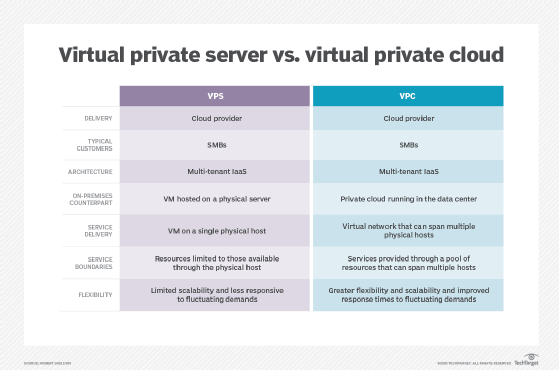Web Hosting vs VPC: What’s the Difference?
When it comes to hosting your website, you may have come across the terms “web hosting” and “VPC” (Virtual Private Cloud). While both options serve the purpose of making your website accessible on the internet, they have some key differences that make them suited for different types of websites and businesses.
Let’s dive deeper into the world of web hosting and VPC to understand the pros and cons of each option.
Web Hosting
Web hosting is a service that allows individuals and organizations to make their websites accessible via the World Wide Web. In simple terms, web hosting providers allocate space on a server to store your website files, making it possible for people to visit your site online.
There are different types of web hosting, including shared hosting, dedicated hosting, and cloud hosting. Each type has its own set of features and limitations, catering to the needs of various websites and businesses.
Shared hosting is the most affordable option, as multiple websites share the same server resources. This can lead to slower performance during peak traffic times. Dedicated hosting, on the other hand, provides a single server for your website, offering better performance and security but at a higher cost. Cloud hosting utilizes virtual servers to host websites, providing scalability and flexibility at a reasonable price.
VPC (Virtual Private Cloud)
VPC, or Virtual Private Cloud, is a more secured and isolated hosting environment compared to traditional web hosting. With VPC, your website is hosted on a private cloud server, ensuring better security and control over your data.
One of the key advantages of VPC is that it allows you to customize your server environment according to your specific needs. You can set up firewalls, configure network settings, and manage your resources more efficiently, making VPC ideal for businesses that prioritize data privacy and security.
While VPC offers greater control and security, it also comes at a higher cost compared to traditional web hosting options. This makes VPC more suitable for larger businesses with sensitive data and higher security requirements.
Which Option is Right for You?
When deciding between web hosting and VPC, consider the size and nature of your website, as well as your budget and security requirements. If you run a small blog or e-commerce site with moderate traffic, shared web hosting may be the most cost-effective option for you.
On the other hand, if you manage a large corporate website with high traffic volumes and sensitive data, investing in a VPC hosting solution may be the best way to ensure the security and performance of your site.
Ultimately, the choice between web hosting and VPC depends on your individual needs and priorities. Consult with a hosting provider to discuss your options and find the best solution for your website.
Whichever option you choose, hosting your website is a crucial step towards establishing a strong online presence and reaching your target audience. Choose wisely and make the most out of your web hosting experience!
